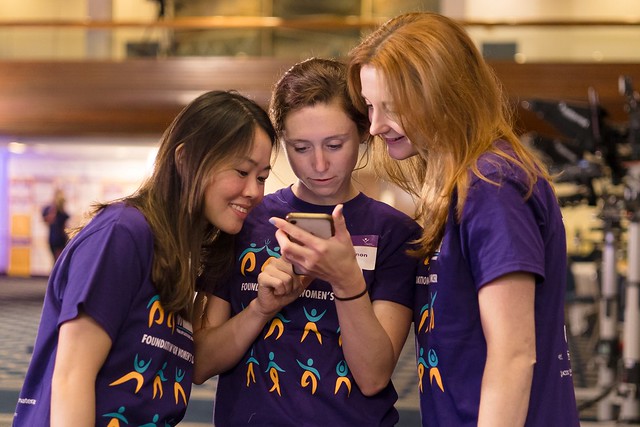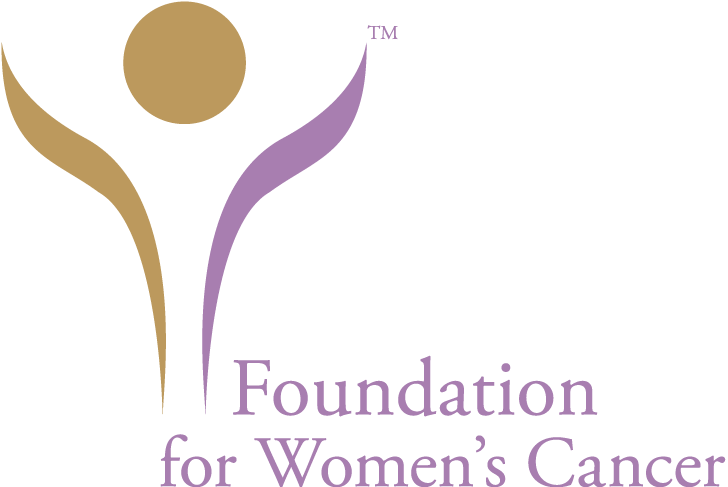Gynecologic Cancer Awareness Month Social Media Toolkit
Share the following information across your social accounts during the month of September to spread awareness about gynecologic cancers.
General Information Post Examples
Use the hashtags #GynecologicCancerAwarenessMonth, #GCAM, #MoveTheMessage and #Move4Her.
Tag FWC on your preferred social media channel in the post!
- Facebook: @foundationforwomenscancer
- Instagram: @foundationforwomenscancer
- X: @GynCancer
- LinkedIn: @foundation-for-womens-cancer
During Gynecologic Cancer Awareness Month (GCAM), visit foundationforwomenscancer.org for information about gynecologic cancer symptoms and treatment, risk and prevention, clinical trials and survivor stories.
Gynecologic oncologists are medical doctors with specialized training in treating gynecologic cancers. If cervical, ovarian, uterine/endometrial cancer, vaginal, or vulvar cancer is suspected or diagnosed, seek care from a gynecologic oncologist.
The (tagged) Foundation for Women’s Cancer (FWC) offers free, downloadable educational materials, many of them available in three languages: English, Spanish, and Mandarin Chinese. These guides can help you learn about the five gynecologic cancers and related topics such as postoperative pain management, financial resources for cancer patients, survivorship and more.

Gynecologic Cancer Specific Posts
Copy and paste the following text to your personal social media channels.
Social Media Images
Right click on the image and select “save as” to save to your device and upload to social media.




